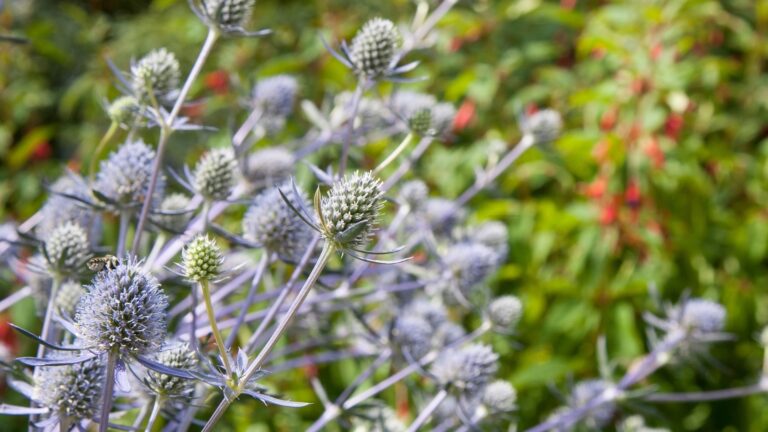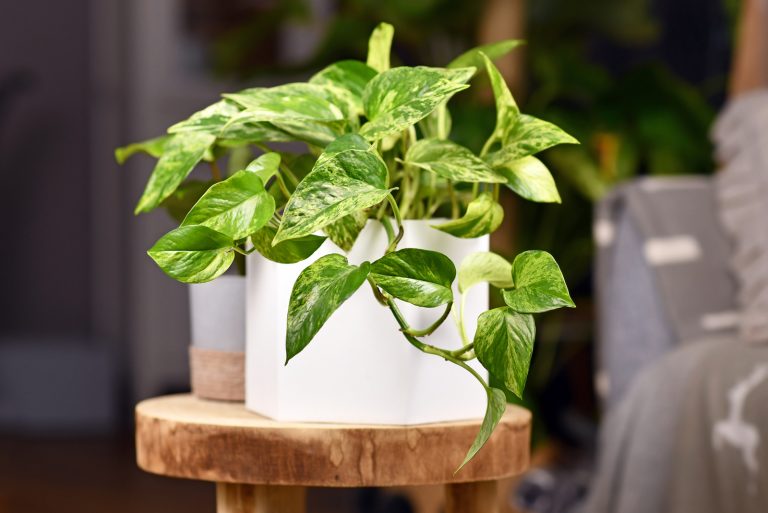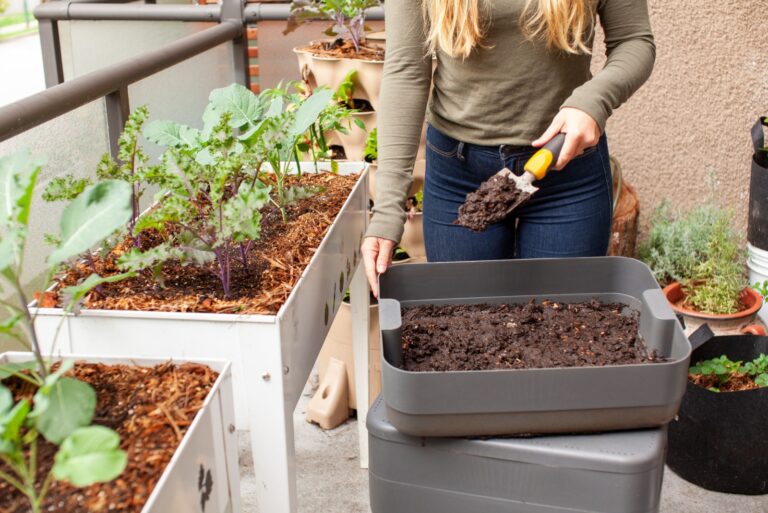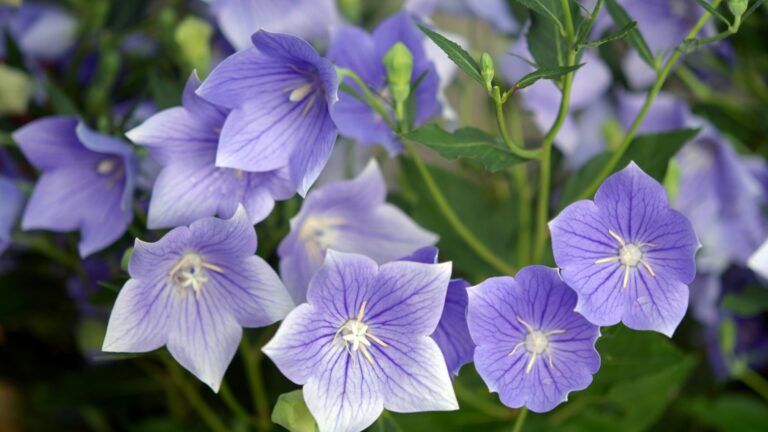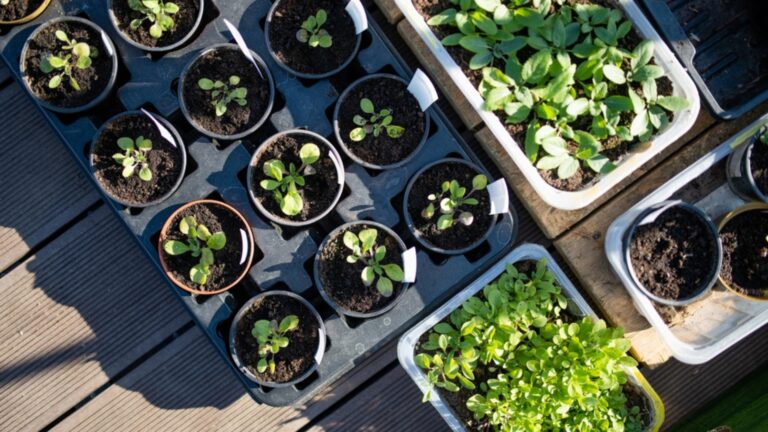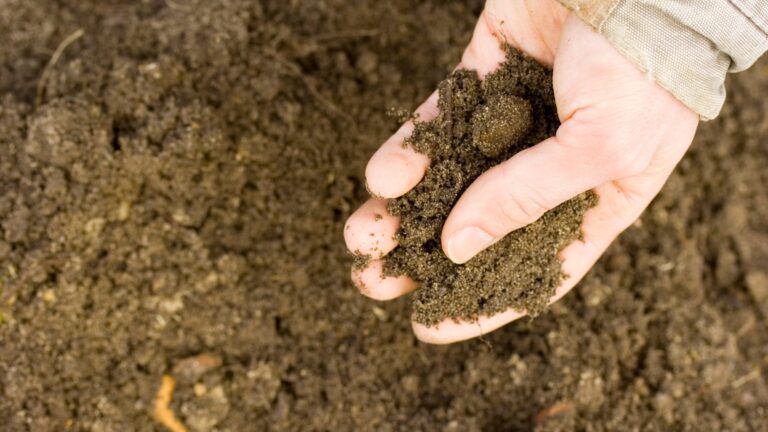15 Reasons Why Leaving Grape Jelly Outside Could Be Dangerous For Hummingbirds
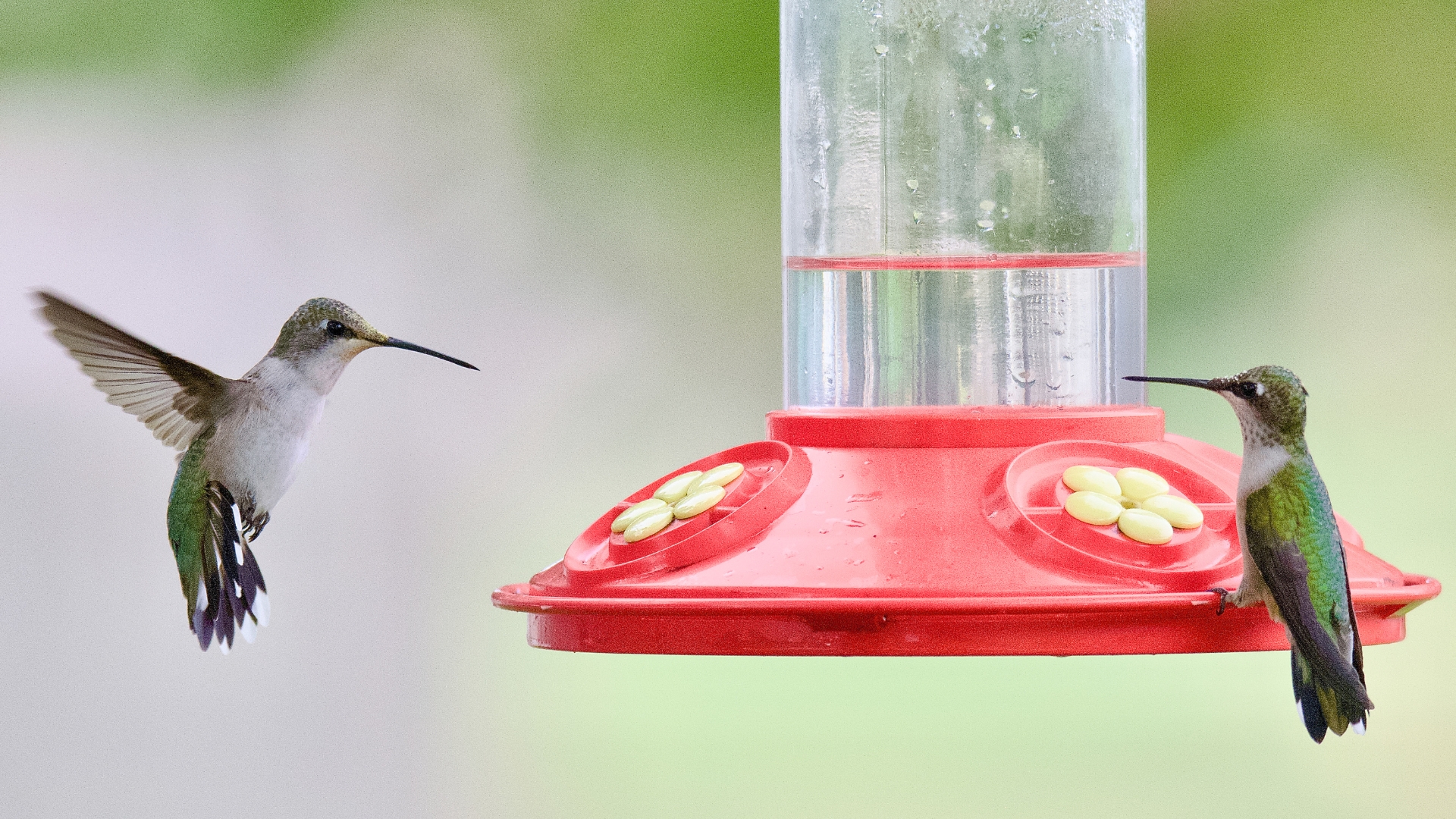
I used to think leaving out grape jelly was a sweet treat for hummingbirds—until I learned it might actually be putting them at risk. It’s one of those well-meaning things that can go sideways fast.
From attracting the wrong kind of visitors to causing unexpected health issues, that little spoonful can stir up big trouble. I was surprised by how many problems it could lead to, and I think you might be too.
Here’s what I wish I had known before setting out the jelly jar!
1. Sticky Troubles
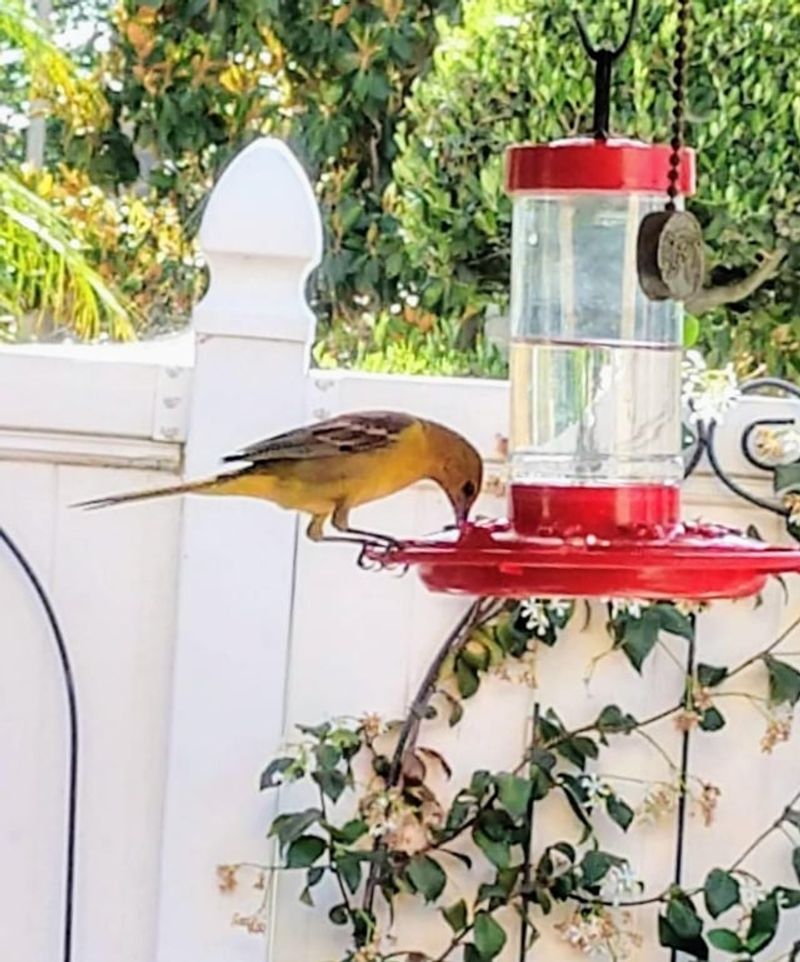
Picture this: a hummingbird zooms in, beak a blur of motion, only to get it stuck in a gooey mess of grape jelly. Not only does it look quite a spectacle, but the sticky texture can actually hinder their ability to feed properly. Imagine having gum stuck in your hair, but worse!
Besides, cleaning up becomes a Herculean task for our tiny friends, leading to stress and potential injury. As they try to free themselves, they might end up damaging their delicate feathers or even their beak, making it harder to navigate their world.
2. Attracts Ants
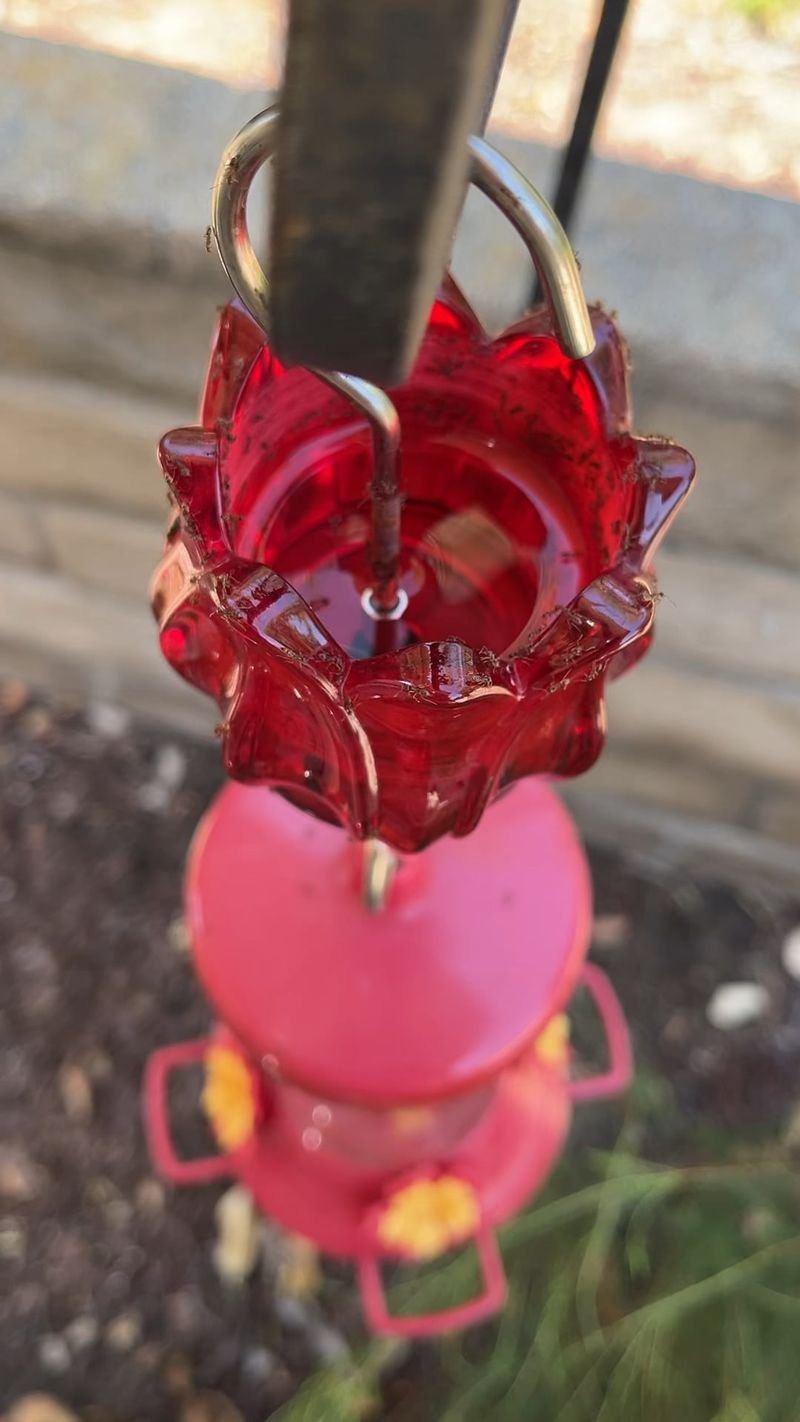
Imagine a hummingbird, poised for a sweet treat, finding its jelly dish overrun by ants. These tiny invaders are more than just a nuisance; they can quickly spoil the jelly, turning a potential snack into a battleground.
Ants also deter hummingbirds from returning, knowing their favorite spot is compromised. In their quest for sugary sustenance, ants can overwhelm a hummingbird feeder or dish, leaving behind contamination that isn’t healthy for bird consumption.
3. Mold Hazard
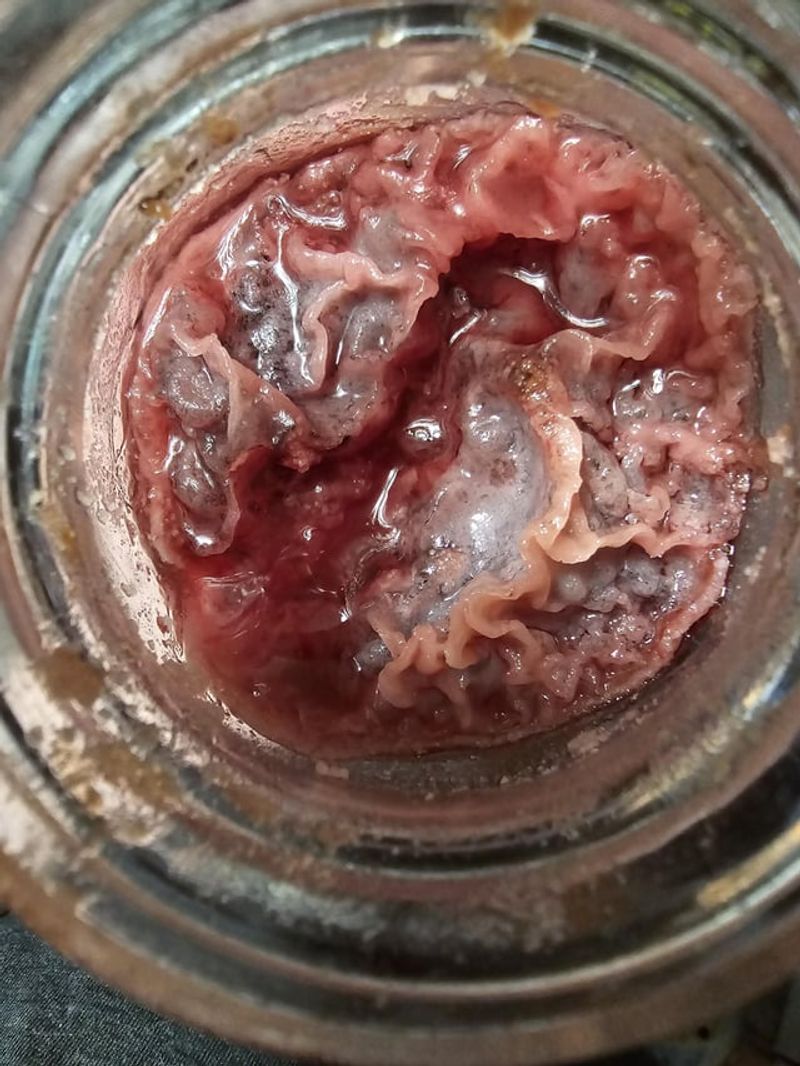
Grape jelly left outside in the open air is like a mold magnet. Warm temperatures accelerate this process, and before you know it, the jelly turns an unsightly green or black. Not only is mold unappetizing, but it can be dangerous for hummingbirds.
Consuming moldy food can lead to fungal infections, which are particularly harmful to these delicate birds. Their tiny systems are not equipped to handle such invaders, making them susceptible to illnesses.
4. Sugar Overload
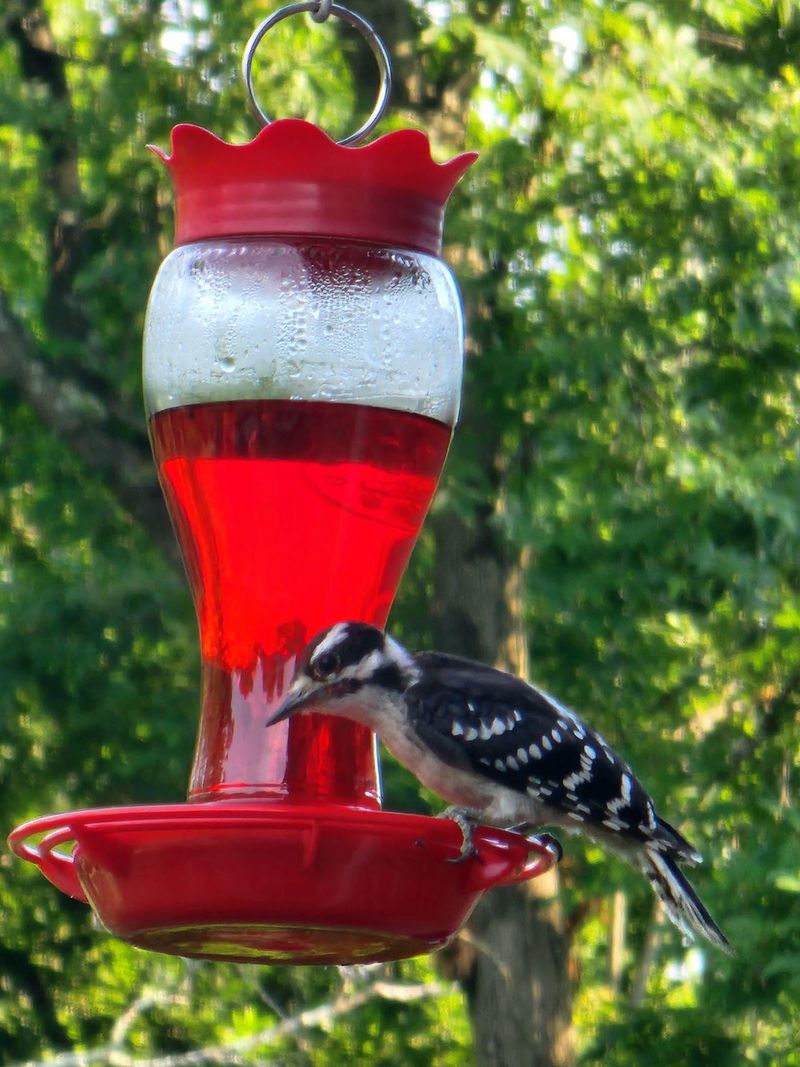
Everybody loves a sweet treat, but too much sugar isn’t good for anyone, even hummingbirds. Grape jelly, packed with sugars, can cause health issues if consumed excessively.
While hummingbirds do require sugary energy to fuel their high metabolism and rapid movements, natural nectar offers a balanced option. Jelly, on the other hand, lacks the essential nutrients found in flowers.
Prolonged exposure to such high levels of sugar can lead to obesity and related health problems, impacting their overall well-being.
5. Choking Hazard
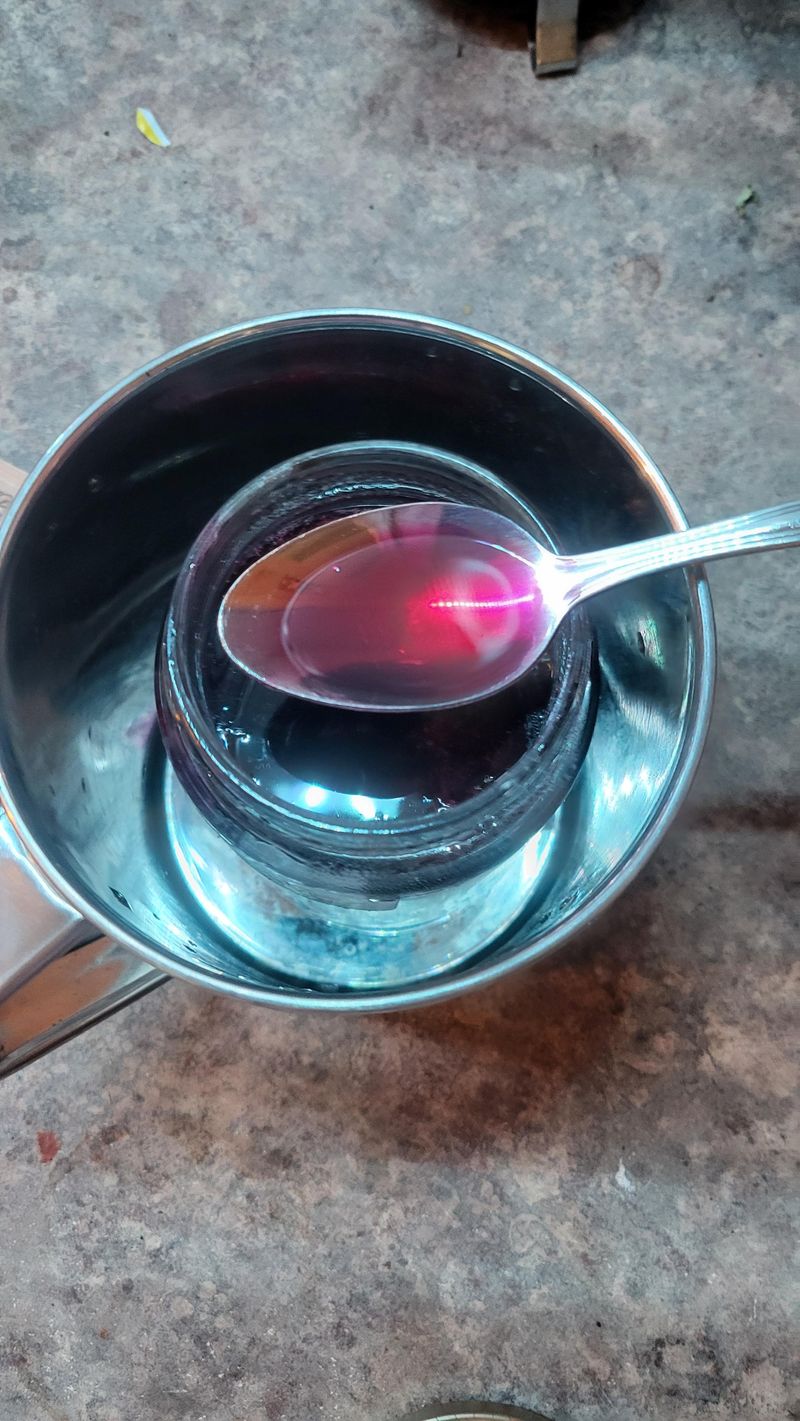
For a tiny hummingbird, a chunk of grape jelly can be a real choking hazard. Their small throats are primed for the liquid nectar they naturally sip, not the dense clumps that jelly can form.
It’s easy to overlook such risks when offering a treat, but the texture and size of the jelly can lead to unintended consequences. Ingesting large pieces might block their airway or digestive tract, causing distress or worse.
6. Unwanted Guests
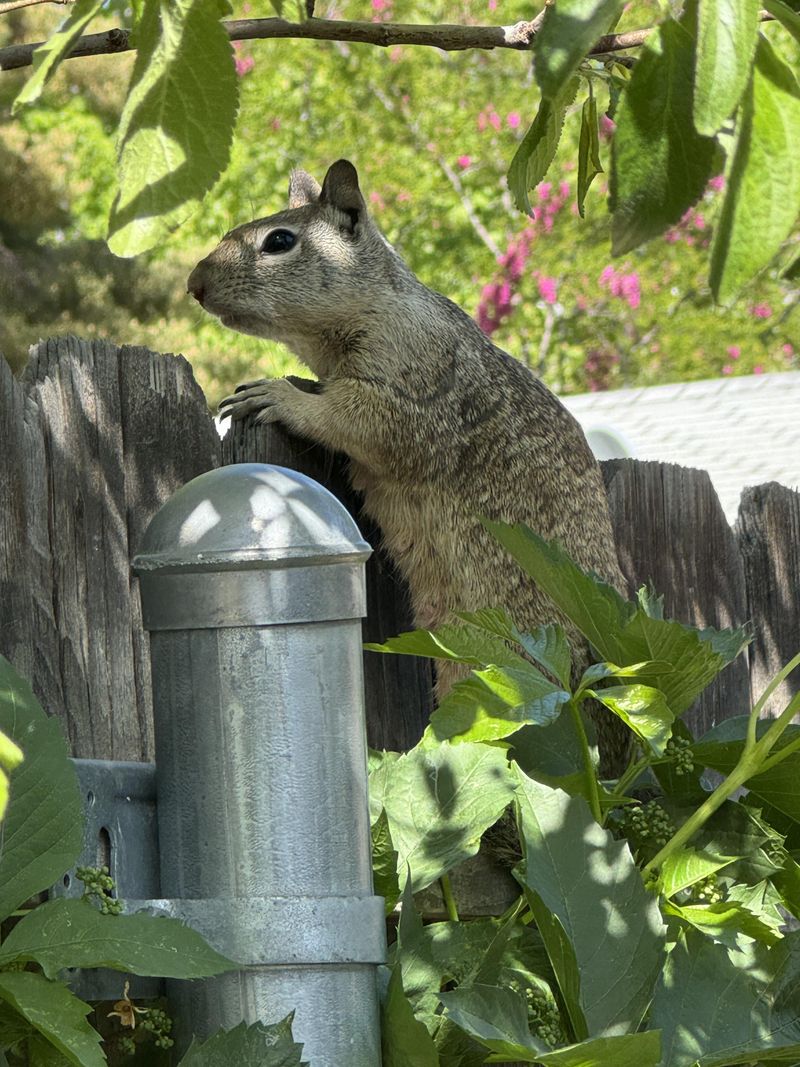
Setting out grape jelly might attract unexpected visitors—squirrels, raccoons, and even wasps. These uninvited guests can cause a ruckus, scaring off hummingbirds looking for a peaceful snack.
While some might find the presence of other wildlife charming, these animals can dominate feeders, leaving little for the intended visitors. They might even damage the feeders or surrounding areas in their quest for the sugary treat.
7. Nutritional Imbalance
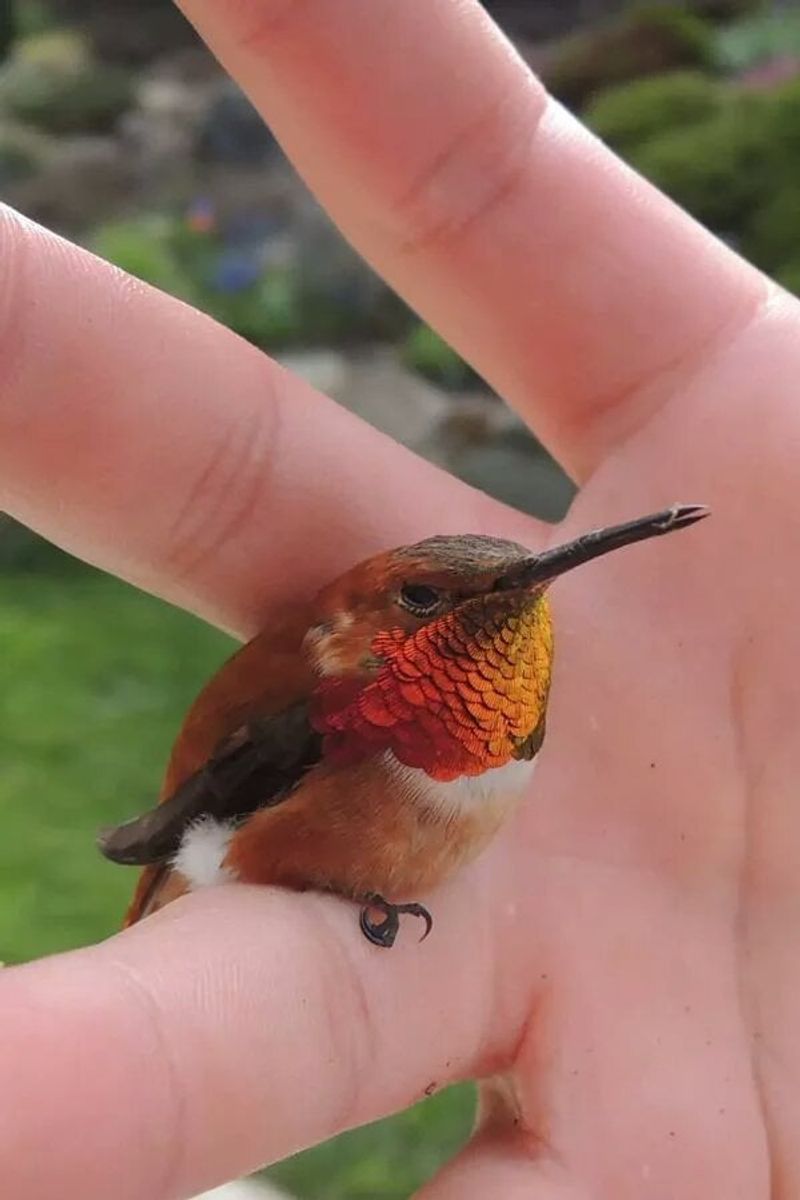
Hummingbirds thrive on a balanced diet primarily consisting of flower nectar, insects, and other natural sources. Grape jelly lacks the vital nutrients that hummingbirds require for optimal health.
Relying on jelly offers none of the proteins or essential vitamins found in their natural diet, leading to nutritional deficiencies over time. Just like us, they need a variety of nutrients to maintain their energy levels and body functions.
8. Interferes with Natural Foraging
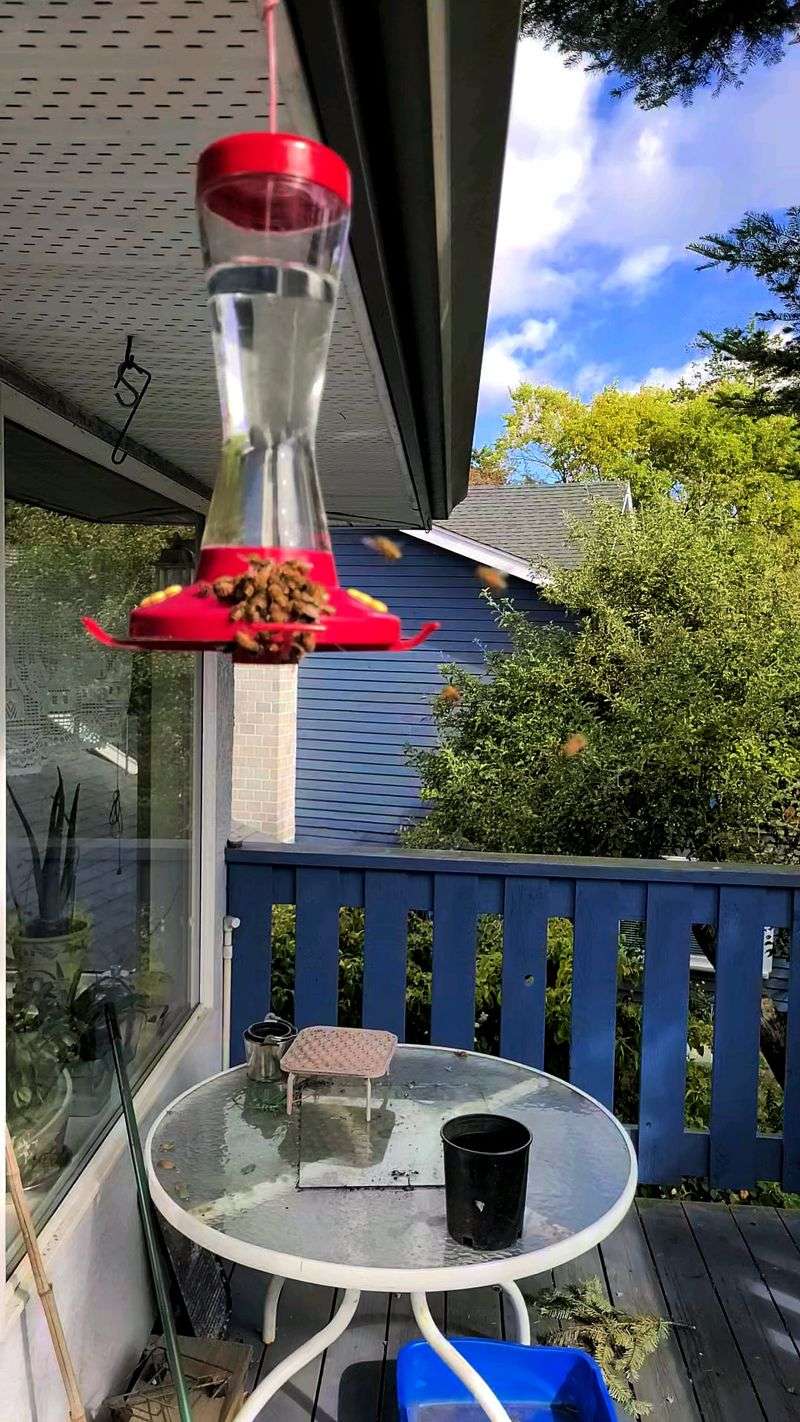
Providing grape jelly might interfere with a hummingbird’s natural foraging instincts. While it may seem like a convenient food source, it doesn’t encourage them to explore their environment, which is crucial for their survival.
These birds have evolved to thrive on the hunt for food, using their agility and speed to access nectar and insects. Offering jelly can make them lazy, relying on easy pickings rather than honing their skills.
9. Risk of Fermentation
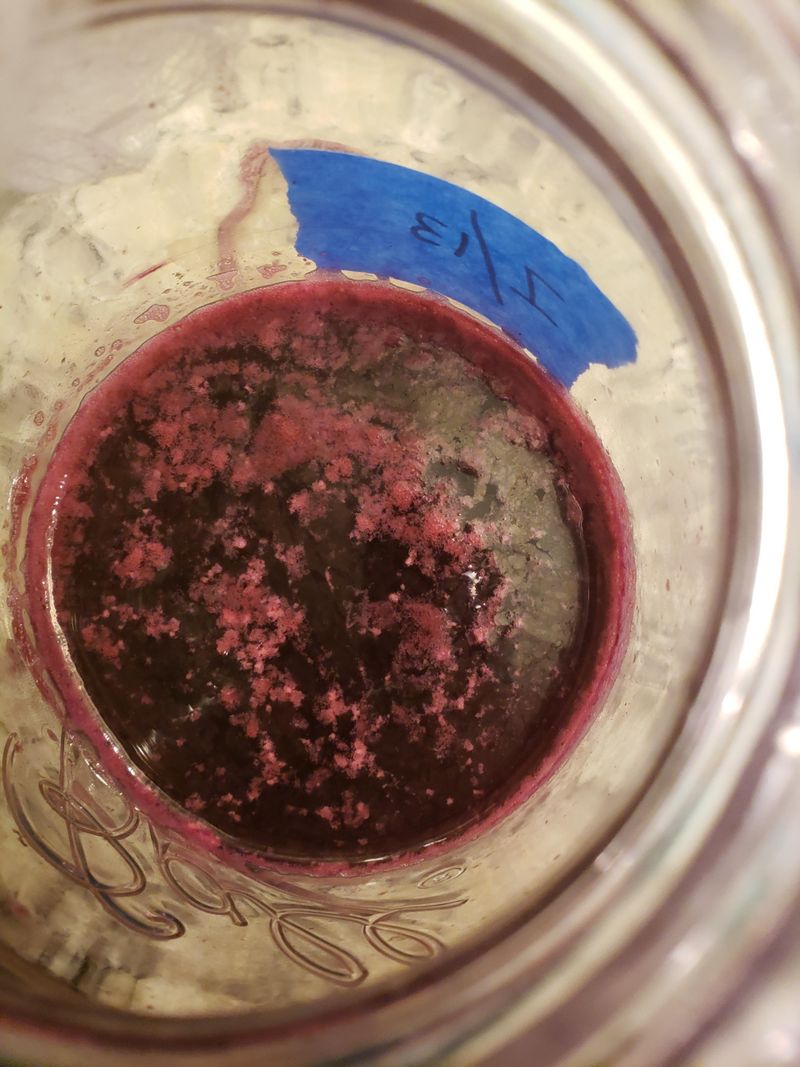
Warm weather can turn grape jelly into a fermentation project gone wrong. As it ferments, alcohol forms, which is particularly harmful to hummingbirds’ tiny bodies.
Consuming fermented jelly can lead to intoxication, disorientation, and potential poisoning. Their livers are simply not equipped to process alcohol, making even small amounts dangerous.
Regularly refreshing and checking the jelly ensures it remains safe to consume, preventing such hazardous situations from arising.
10. Aggressive Behavior
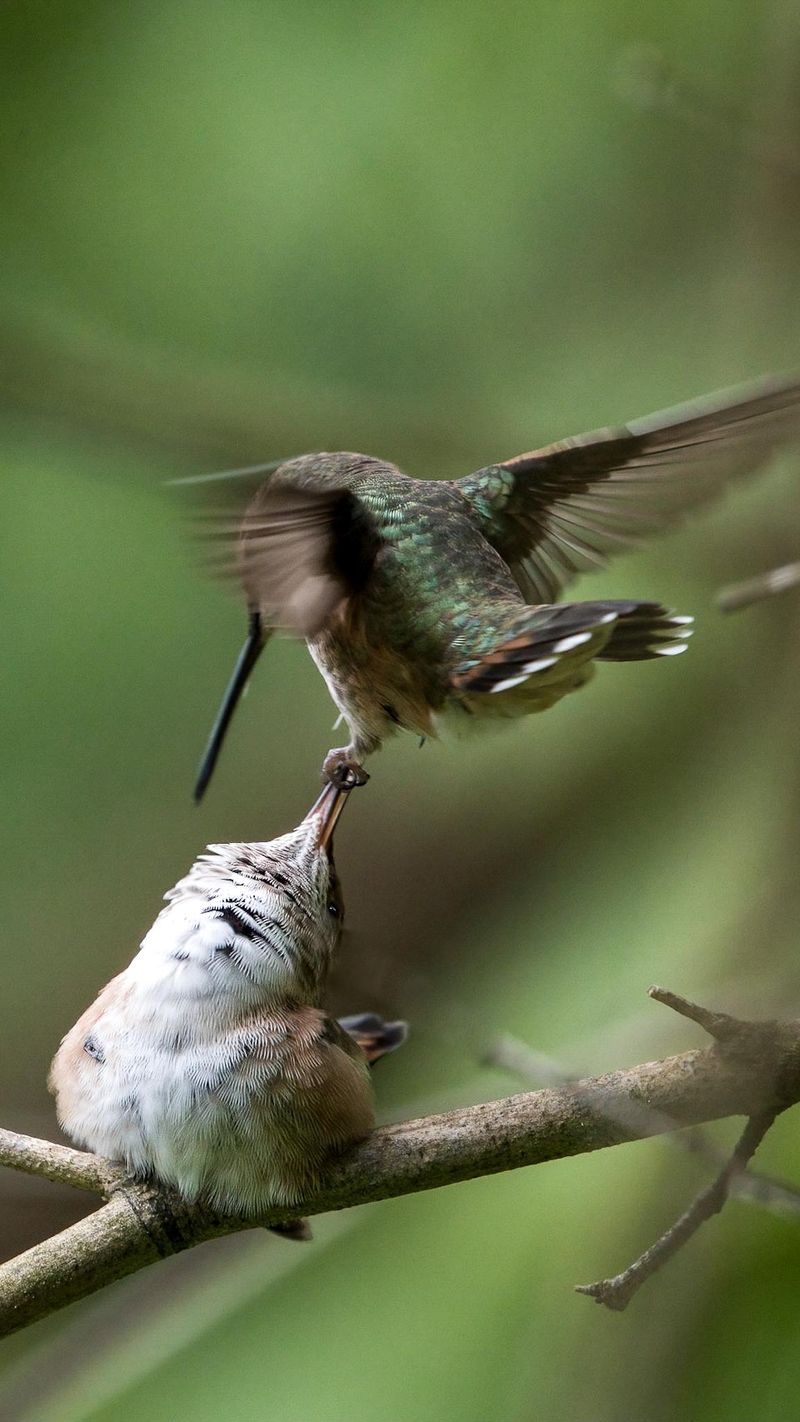
Grape jelly can become a prized commodity, leading to squabbles among hummingbirds. These territorial birds might engage in aggressive behavior to claim the jelly dish all for themselves.
Such actions can result in injury, stress, and even permanent harm. While it’s natural for animals to be competitive, minimizing such provocations keeps them safe. More feeders spaced apart with natural options can help diffuse tensions, allowing multiple birds to feast peacefully.
11. Dish Maintenance Issues
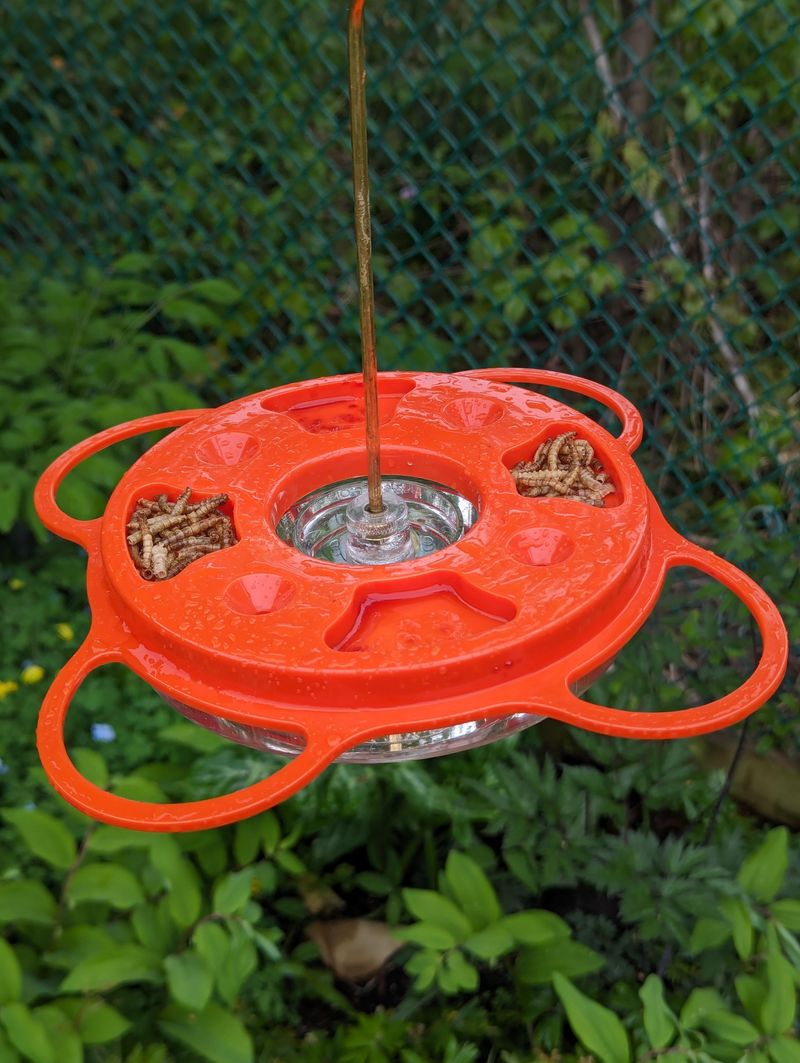
A dish of grape jelly requires regular cleaning to stay safe for hummingbirds. Left unattended, it can become a breeding ground for bacteria and other harmful pathogens.
Forgetting to maintain these dishes can lead to contaminated feeding grounds, posing serious health risks. Regular dishwashing and jelly replacement keep the space hygienic, ensuring hummingbirds find a safe, clean place to dine.
12. Weather Woes
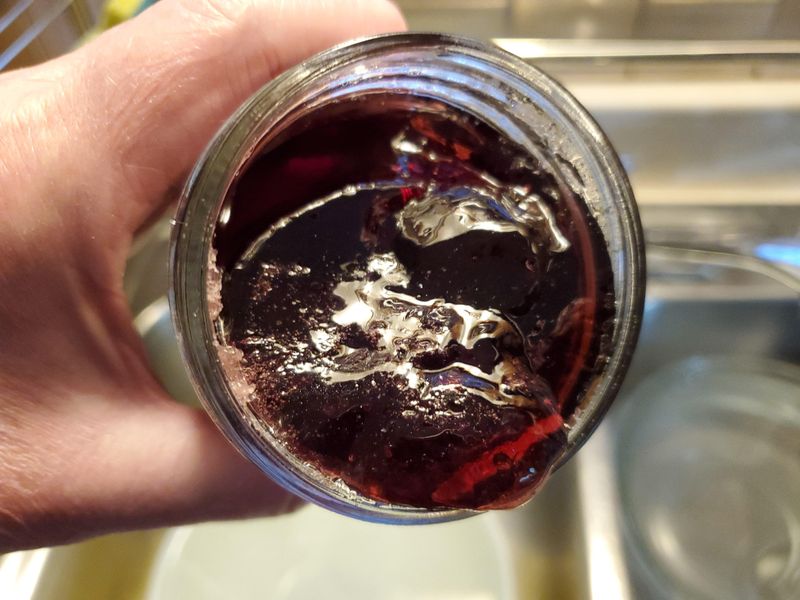
Mother Nature doesn’t always play nice with grape jelly left outside. Rain can turn a solid, inviting treat into a diluted mess, while the sun can bake it into an unappetizing crust.
Such changes not only affect the jelly’s texture but also its safety for consumption. Weather-altered jelly might deter hummingbirds from visiting or worse, affect their health if consumed.
Providing shelter for feeders or choosing more stable food options can help keep their dining experience pleasant regardless of the weather.
13. Risk of Overfeeding
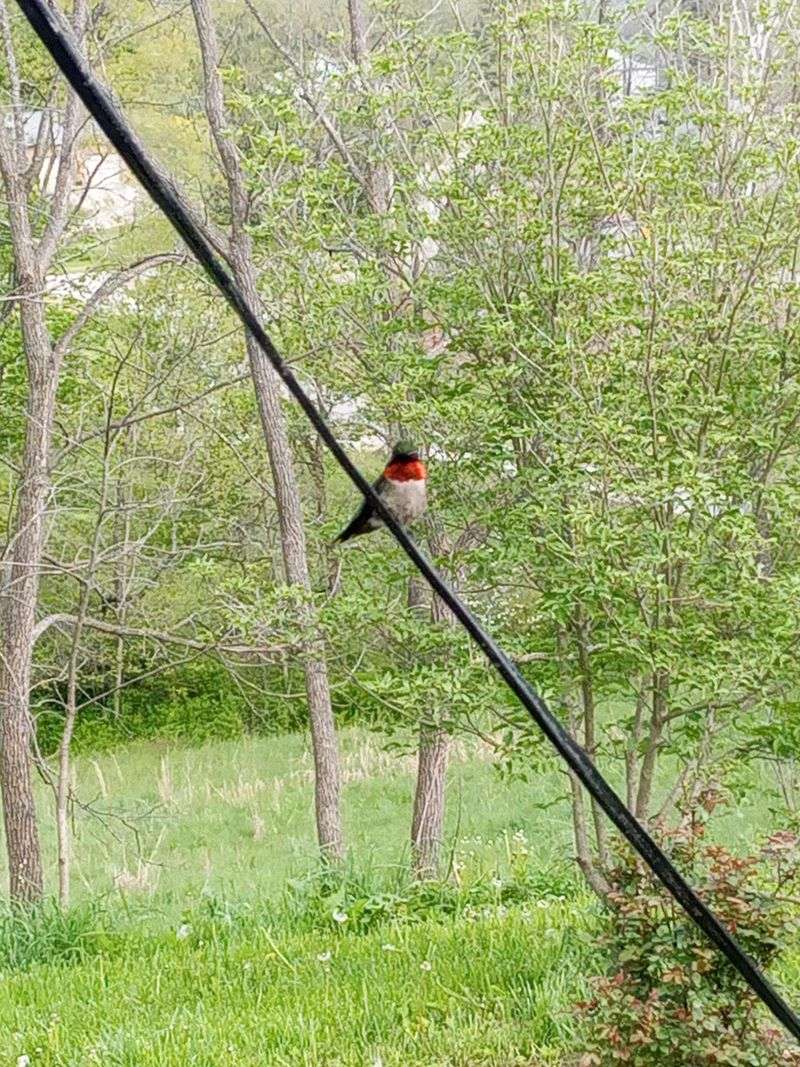
Our desire to spoil hummingbirds with treats like grape jelly can lead to overfeeding. While it’s a joy to watch them feast, too much of a good thing can lead to health problems.
Overfeeding can result in obesity, putting strain on their tiny hearts and bodies. It’s essential to balance their diet, providing only small amounts of treats and ensuring they consume a variety of natural foods.
14. Potential for Disease Spread
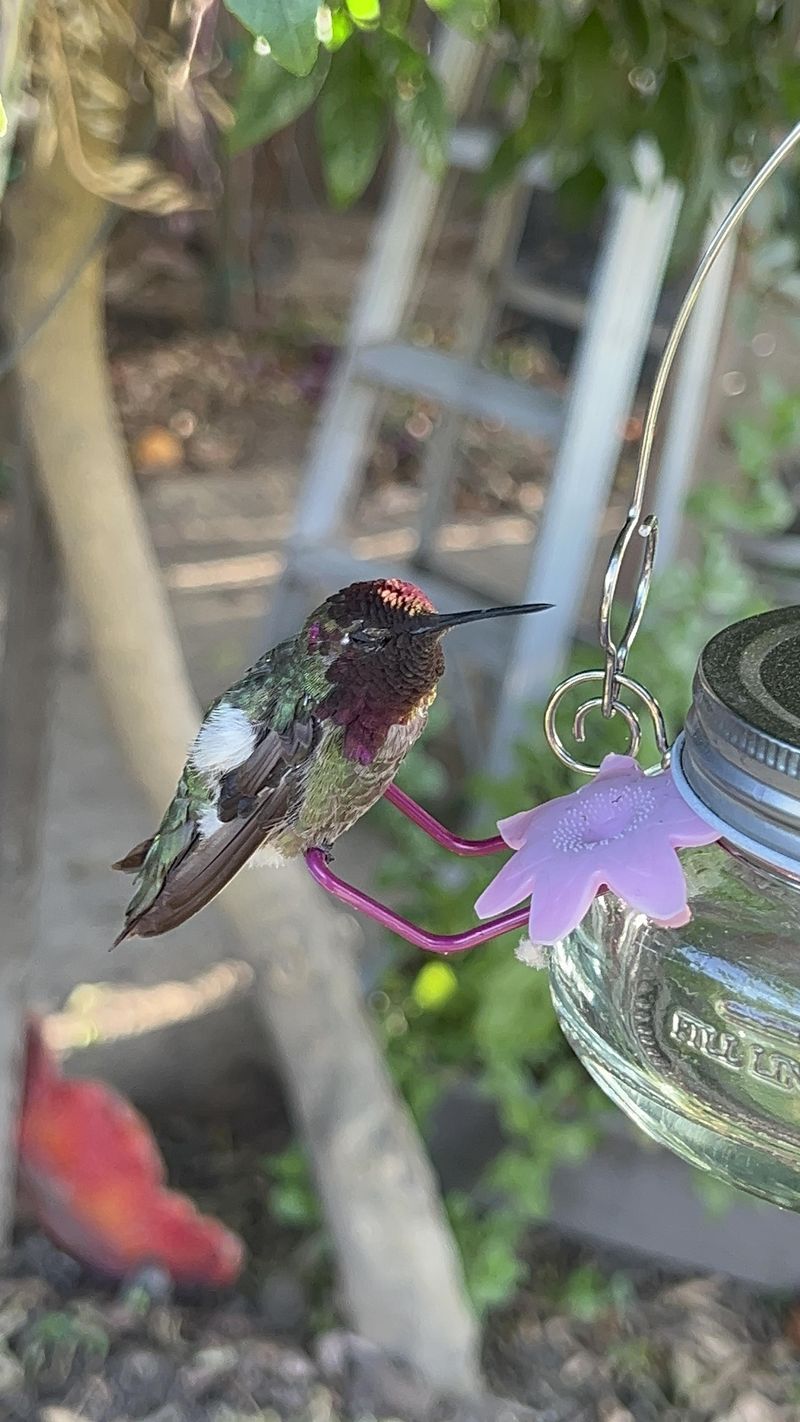
Hummingbirds sharing a common jelly dish can unknowingly spread diseases among themselves. Close proximity and shared food sources can facilitate the transmission of illnesses.
Regular cleaning and spacing out feeders can reduce such risks, ensuring that one sick bird doesn’t affect the entire flock. By managing their feeding environment, we can help keep these little wonders healthy and vibrant, allowing them to continue enchanting us with their presence.
15. Ethical Considerations
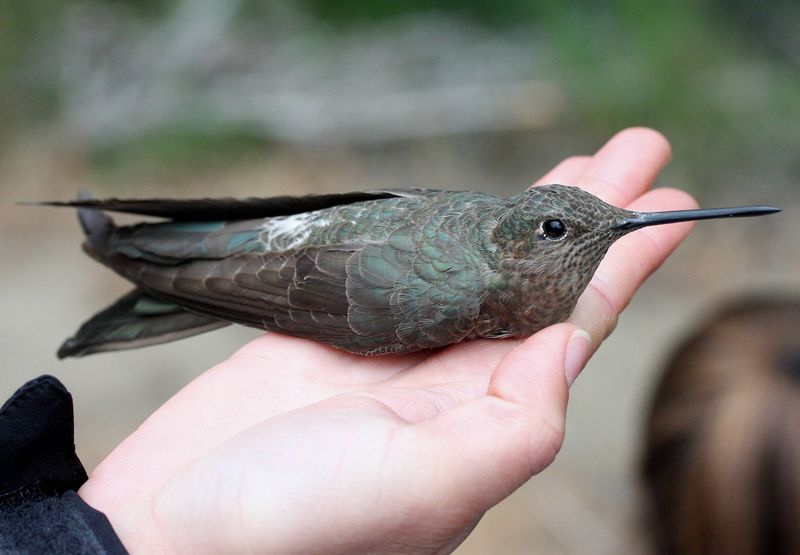
Offering grape jelly raises ethical questions about interfering with a hummingbird’s natural diet. While the intention is often to help or attract them, it might inadvertently harm their natural behaviors and health.
As stewards of nature, it’s our responsibility to ensure we’re providing for wildlife in a way that enhances, rather than detracts from, their well-being. Considering the impact of our actions helps create a more harmonious relationship with the world around us, ensuring that hummingbirds can thrive naturally.

